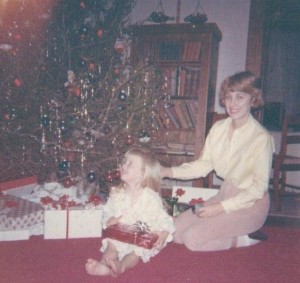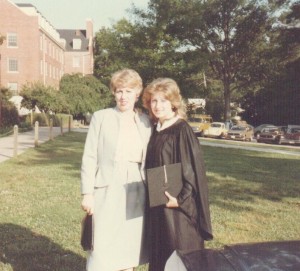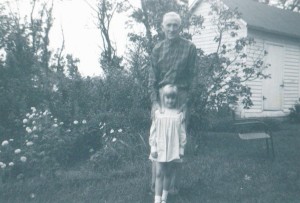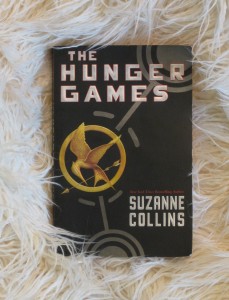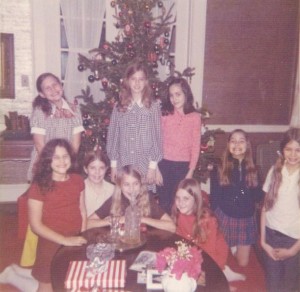
A late-June visit to Atlanta has kept me from writing for nearly two weeks. I’m still attempting to swim against the strong current that is the accumulation of life’s daily minutiae after a vacation. I’m distracted by tasks I can’t quite seem to finish—laundry, bill-paying, preparation for Vacation Bible School at our church, the ongoing need to assemble yet another meal. Can it really be time to start dinner again? How is that possible? The dog fluff is collecting like tumbleweed under all the chairs, even though Kiko was at the kennel (Puppy Camp, we like to say) for the week. For now I will ignore the dust and debris, the disordered jumble of papers on my desk. I have a free hour or two while D is at a tennis lesson, so I will try to turn my thoughts to Wild Trumpet Vine.
Every year, shortly after school is out, D and I allot a week for visiting my parents. In past summers, our travels South have been marked by excruciatingly long airport delays: at the gate, on board, then back in the airport after deboarding due to sustained bad weather or mechanical problems. At this point we have lost all hope of ever flying anywhere. (See Fun with Air Travel, October 2011.) Planning for the usual unpleasant eventualities, we left early in the day, to allow a big buffer zone.
On this trip, astoundingly, all went exactly as it should have. If we had spent any more time leisurely munching our breakfast sandwiches in the tranquility of Dulles Airport, we would have missed our flight. When we made our way to the gate, nearly all our fellow passengers had vanished. It was beyond our wildest dreams that boarding would begin on time, as it was that the plane would take off immediately, as it did. We rejoiced in our good fortune, and in a perfectly uneventful flight.
In an earlier post (Fun with Ground Transportation, October 2011) I noted the difficulties that typically arise when my parents pick us up at the airport. There is the conundrum of locating the car in the ever-expanding parking areas of Hartsfield-Jackson, followed by stressful negotiating of the ticket booths, capped off by an alarmingly speedy drive home through Atlanta traffic. I also said that on my next visit I would opt for MARTA, the city’s rapid transit system. And so, this time, we did.

The day of our arrival marked the beginning of another heat wave, with the temperature in Atlanta on track to reach 105. Thankfully, the train station adjoins the airport, so we were able to postpone our foray into the oppressive heat. I am befuddled by ticket machines at transit stations; they always seem to be unnecessarily complicated. If I could confront those many buttons and questions in the privacy of my home, I would surely figure it all out, but in the hubbub of the station, I have some trouble. Fortunately D, like her father, excels at such puzzles, and with her expert guidance we quickly purchased two reusable Breeze cards. The train was cool and not especially crowded. The stops clicked by at a brisk pace: East Point, Lakewood, West End, etc. Mama and Daddy picked us up at the Arts Center, just a few miles from their house. The quick ride back was notable for its lack of cringe-inducing near brushes with death. MARTA is definitely the way to go.
H usually joins us for one weekend during our trip. To avoid taking a day off work, he generally schedules an evening flight. We have been picking him up at the Arts Center now for many years. He has finally learned to avoid provoking the ire of occasionally testy and sometimes drunken late-night MARTA passengers by not sitting, transfixed by his Blackberry, with his legs perhaps too outstretched or suitcase a tad too much in the aisle. His flight and train ride, like ours, were easy, on time and without incident.
The next morning, H’s parents called to check on us, their voices worried: Were we OK? Did we get held up by the storms? Did any trees fall on our house? We hadn’t watched the news or glanced at the newspaper, and so we knew nothing about the sudden monster winds that blew down trees and power lines across the mid-Atlantic. Incredibly, we had managed to get out of town before the storm hit. Our Virginia neighborhood, we soon learned, had been without electricity at that point for about 15 hours. Power in our area would be restored after almost three days, but many others suffered far longer. Lots of trees fell nearby, but none hit our house or did major damage in our neighborhood.
We experienced the suffocating heat in Atlanta, but only in short, bearable blasts as we hurried from car to house or other chilled interior. The parking garage at the Lindbergh Target, for example (where we went to buy my parents yet another DVD player—they are serial killers of these gadgets) felt like a furnace, but we had no need to linger there. Mama and Daddy, having spent the first portion of their lives without AC, now enthusiastically embrace a cool home environment. D and I typically have to forage in the attic for old sweaters and winter housecoats in order to be comfortable.
A week later, when I returned home to the task of discarding every last item in our refrigerator, it bordered on the enjoyable, so thankful was I that we had not been in Virginia to melt slowly along with our food. For those of you who were, I’m sorry for your misery.



